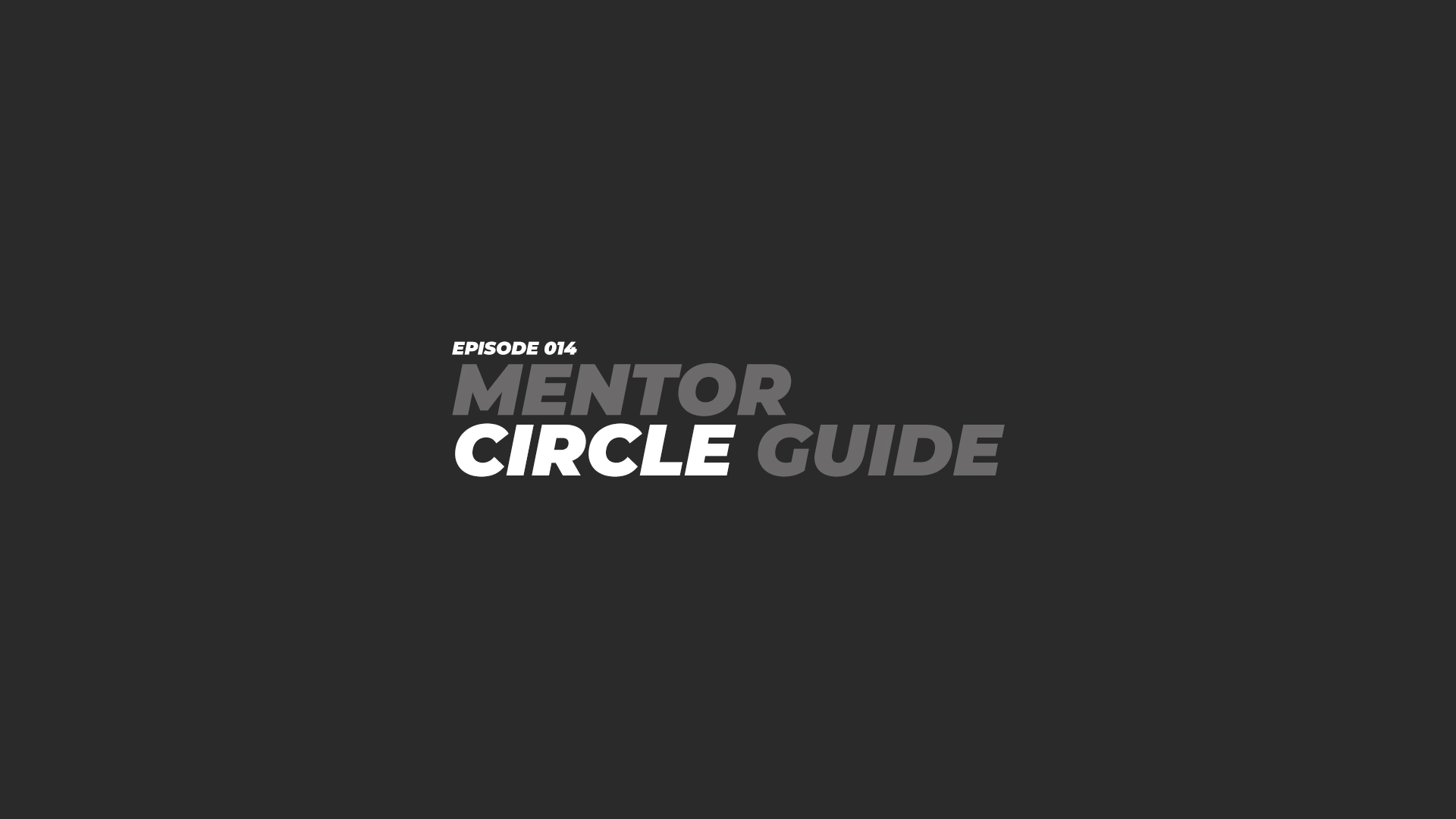Named Young Entrepreneur of the Year by DC Chamber of Commerce, May 2014
Kate Schmidgall founded Bittersweet Creative in Spring 2009 after several years as a freelance designer and web developer, including two years for Motorola’s internal creative services team. Kate received her BA in Communications from Florida Gulf Coast University. Kate is also Editor of BittersweetMonthly.com, an online story platform that highlights organizations doing inspiring and much-needed work in response to critical social issues.
Having built a team of dozens of independent creative professionals and featuring the work of more than a hundred non-profits, Kate is continually looking to leverage her professional skillset in ways that contribute to her broader community. Bittersweet is a member of AIGA DC, Think Local First, DC Chamber of Commerce, and is a Certified Business Enterprise through the Department of Small and Local Business Development.

INFLUNSR defines excellence as choosing to create a better future by going the second mile. In the first definition in The American Heritage Dictionary, excellence is defined as “The state, quality, or condition of excelling; superiority. The word excel is defined as, “to do or be better than; surpass; to show superiority, surpass others.” Then under the word excel, the following terms are listed and explained as synonyms for excel.
The pursuit of excellence refers to pursuing and doing the best we can with the gifts and abilities God gives, giving our best to make much of Jesus with our life. But ideally, it is done without the spirit of competition or seeking to excel simply to be better than others. Excellence includes doing common, everyday things, but in a very uncommon way regardless of whether people are watching. The reality is that God sees our work and rewards us accordingly.
So, my dear brothers and sisters, be strong and immovable. Always work enthusiastically for the Lord, for you know that nothing you do for the Lord is ever useless.
1 Corinthians 15:58 NLT
So here are a few questions for us to wrestle with:
Make a list of as many areas you can think of where the pursuit of excellence should touch and change your life. What is the pursuit of excellence always connected to? Are there any areas or tasks that you have not really taken seriously and need to work on?

Wrestle with this question:
Here’s what God is willing to do in you. He says I will give you a new heart and put a new spirit in you; I will remove from you your heart of stone and give you a heart of flesh. In other words, God wants to change you from the inside out so that your words and actions flow from a new heart.
It is a process. One we can facilitate with God or resist. But it is His goal in you.
So here is the one question: Do you have a heart problem? Let’s discuss your answer.

We asked you to read the fable of the water bearer with the cracked pot…
INFLUNSR defines excellence as choosing to create a better future by going the extra mile.
Each of us has our own unique flaws. We are all cracked pots. But it is the cracks and flaws we each have that make our lives together so very interesting and rewarding. You’ve just got to take each person for what and who they are, and look for the good in them – most importantly, we must look for the winner within us, maybe hiding deep inside our own selves.
Most of us seem too self-conscious about our weaknesses and spend too much energy and resources in the process of trying to correct our imperfections and hence neglect our strengths.
Why not forget your weaknesses, your imperfections, and focus all your resources on improving your strong points?
That is what a teenager of excellence does. They stop obsessing about their frailties and concentrate all their efforts on enhancing and bettering their strong points, their forte, and choose to go the extra mile. That’s the way to excellence – cherish, nurture and nourish your qualities, your talents and your strengths and send less time obsessing about your weaknesses.
And this I pray, that your love may abound (excel) still more and more in real knowledge and all discernment, so that you may approve the things that are excellent, in order to be sincere and blameless until the day of Christ; having been filled with the fruit of righteousness which comes through Jesus Christ, to the glory and praise of God.
Philippians 1:9-10 NET
In keeping with the fact that all believers are to abound or excel in the expression of Christian love, Paul prayed that the Philippians my have greater knowledge and every kind of discernment. But in order to excel in love and wisely express it, they needed to be able “to approve the things that are excellent” (NASB) or choose what is best. The term “approve” or “choose” is the Greek dokimazo, which carries two ideas. First, it means “to put to the test, examine,” and then as a result of the examination or testing, “to approve, make the right choice.” Through the values and priorities that come from following Jesus, His teaching and His example, we are to examine and test, and then choose accordingly.
Is there a “thing” that you need to test and approve in order to pursue excellence? What is that thing? How can you begin to test the merit of whatever that thing is in your life?

We asked you to grab some friends and watch Cinderella Man starring Russell Crowe and Renée Zellweger . During the Great Depression, a common-man hero, James J. Braddock — the Cinderella Man — was to become one of the most surprising sports legends in history.
Let’s discuss this:
At a critical point in the movie, Jim Braddock goes to the relief office for money. Later in the film, he returns to that same relief office and repays the money the relief office loaned him. To you, how does this depict integrity? What do you think fueled Braddock to repay the money, fight so hard for his family to be together, and work so hard for his family (several clues are dropped throughout the movie)? What would this look like in your life in real time?

In honor of the celebration of Veteran’s Day, we asked you to ask for your parents or guardian’s permission, grab some friends and go to your local theater to watch Midway. Six months after Japan’s attack on Pearl Harbor, Midway centers on the Battle of Midway, a clash between the American fleet and the Imperial Japanese Navy which marked a pivotal turning point in the Pacific Theater during WWII. The film, based on the real-life events of this heroic feat, tells the story of the leaders and soldiers who used their instincts, fortitude and bravery to overcome the odds.
Let’s discuss this:
What does the course of the Battle of Midway tell us about the fortunes of war? Consider how iNFLUNSR defines excellence: choosing to create a better future by going the extra mile. Where would the United States be today without the courage of the sailors and pilots who faced down a superior force in the Battle of Midway and changed the course of WWII in the Pacific?

We asked you to read the New York Times article entitled Why Can’t Everyone Get A’s?
We have been taught to respond with suspicion whenever all members of any group are successful. That’s true even when we have no reason to believe that corners have been cut. In America, excellence is regarded as a scarce commodity. Success doesn’t count unless it is attained by only a few.
Consider this comment at the end of the article: “Most of all, it encourages the false belief that excellence is a zero-sum game. It would be both more sensible and more democratic to rescue the essence of the concept: Everyone may not succeed, but at least in theory all of us could.” How does the idea of excellence being a zero-sum game sit with you? Journal your thoughts.

We asked you to read the New York Times op-ed Diversity, Inclusion and Anti-Excellence. Bret Stephens, former Dean of Yale Law School, sites new college campus mores this way: “Before an idea can be evaluated on its intrinsic merits, it must first be considered in light of its political ramifications. Before a speaker can be invited to campus for the potential interest of what he might have to say, he must first pass the test of inoffensiveness. Before a student can think and talk for himself, he must first announce and represent his purported identity. Before a historical figure can be judged by the standards of his time, he must first be judged by the standards of our time.”
Let’s wrestle with this: Does new mores on college campuses actually make students “safe?” How do you think this idea promotes doublethink and coddles ignorance? Stephens states that “it gets in the way of the muscular exchange of honest views in the service of seeking truth.” Do you agree or disagree and why? Does this new norm deprive your generation training for independent mindedness? And how does this undercut excellence?

We asked you to watch the TEDxKitchenerED talk Redefining Excellence with Josh Hill. Music can be used as a vehicle to build relationships and foster community. This idea is at the heart of Josh Hill’s talk, as he shares his experience as a high school music teacher looking to redefine our perception of excellence from one of competition to instead one of communal support. This idea led Josh to foster connections with his students and the wider community, highlighted by a choral performance in the middle of this talk with his students and a group of senior citizens with Alzheimer’s. Josh Hill is currently the Head of Music at Cameron Heights Collegiate Institute in Kitchener Ontario. He received his Honors Bachelors degree in Music Education from Western University in London, where he was a flute major in the studio of Anne Thompson.
Let’s discuss this: Does Josh Hill’s proposed new metric for excellence actually create a better future? What about the music circle is extra mile thinking? How are excellence and community connected?

We asked you to read to the Wired article Instagram Will Test Hiding “Likes” in the US Starting Next Week. If you post a picture, and no one sees how many people liked it, does it still exist? Instagram users in the US are going to find out next week. Months after the company tested hiding “like” counts in Australia, Brazil, Canada, Ireland, Italy, Japan, and New Zealand, CEO Adam Mosseri announced at WIRED25 that some Instagram users in America can expect their like counts to vanish from public view.
This is a great idea for us to wrestle with:
Mosseri emphasized that Instagram will always place the needs of people first. “It means we’re going to put a 15-year-old kid’s interests before a public speaker’s interest,” he says. “When we look at the world of public content, we’re going to put people in that world before organizations and corporations.” How do you think this helps create a better future? How is this an example of excellence?

Disclaimer:
INFLUNSR’s mission is to fuel the next generation of leaders worth following and to help students learn how to think, not what to think. Any articles posted and questions asked are intended for that sole purpose.



